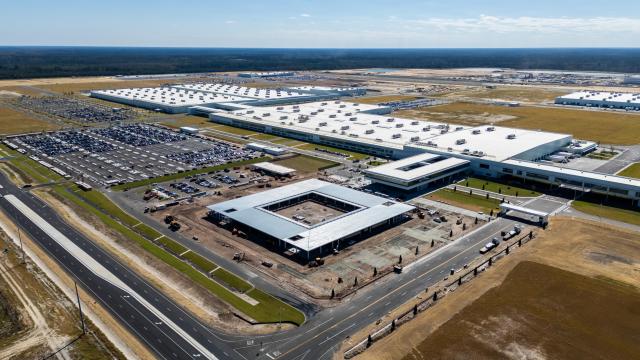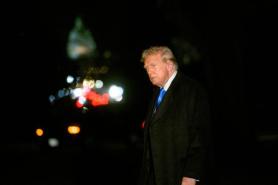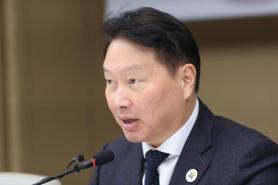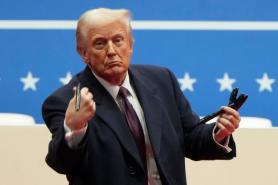
The South Korean firm is now exploring ways to shift portions of its Mexican production to the United States in response to new trade barriers that also include a 10 percent tariff on Chinese imports and the possibility of duties on European goods.
At the heart of the company’s concerns is Kia Corp.’s facility in Monterrey, Mexico, which produces 250,000 vehicles annually, with more than half, roughly 150,000 units, bound for the U.S. market. The plant has the capacity to ramp up to 400,000 units, but the new tariffs have drastically altered the equation.
The tariffs are expected to have a significant impact on pricing. The K4 sedan, Kia’s latest flagship model and the successor to the K3, saw 128,000 units exported to the United States last year.
The new duties would add an estimated $7,000 per vehicle to the current U.S. retail price of $28,000, potentially saddling the company with nearly $900 million in additional costs annually.
“With the U.S.–Mexico–Canada Agreement (USMCA) benefits now effectively nullified, we are forced to undertake a comprehensive reorganization of our North American supply chain,” said an executive spoke on condition of anonymity.
The fallout extends beyond Kia. Hyundai’s key affiliates, including Hyundai Mobis, Hyundai Wia, and Hyundai Transys - which manufacture modules, engines, and transmissions in Mexico for U.S. export - are also reassessing their production strategies.
The company is now looking to maximize production at its newly built Metaplant America (HMGMA) in Georgia, scheduled to begin operations in the first half of this year. The electric vehicle facility, initially designed for an annual output of 300,000 units, could be expanded to 500,000 units in the coming years.
Hyundai is also exploring potential collaboration with General Motors (GM) as part of its broader response to the tariff increases.
The two companies signed a memorandum of understanding in September, outlining plans for joint development and production of passenger vehicles, commercial vehicles, and various powertrains.
Industry analysts suggest that Hyundai could leverage GM’s idle U.S. manufacturing facilities to produce compact and mid-size vehicles, potentially utilizing the American automaker’s existing infrastructure as a workaround to the new tariffs.
Copyright ⓒ Aju Press All rights reserved.




